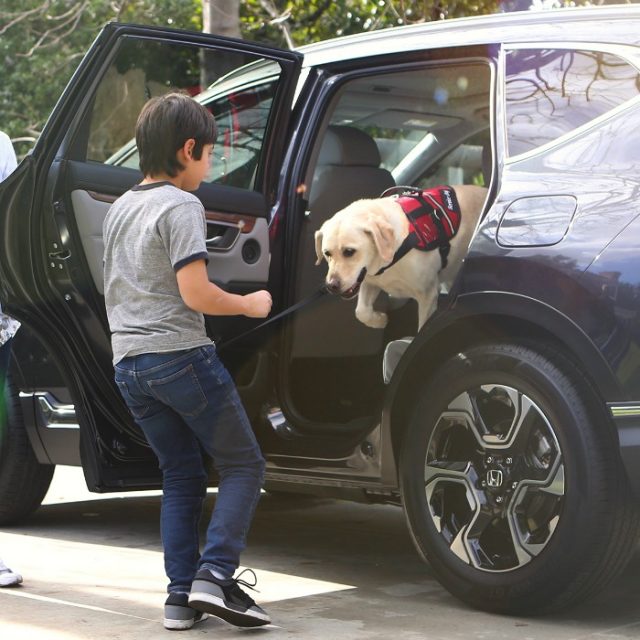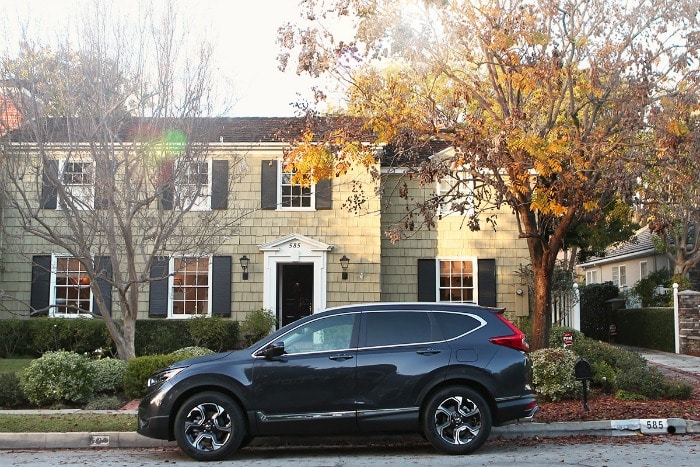Most adults need cars. You can get along without one if you must, but that means you will probably use public transportation. Buses and trains don’t run all the time. You can use an Uber or taxi, but that gets expensive quickly.

If you get a driver’s license and buy a car, that opens up many possibilities for you. You can get to work easier. You can also get groceries or other supplies and bring them home without lugging them on a bus or train.
If you buy a car, you must make several crucial decisions. We’ll talk about some of them right now.
Should You Get Paint Protection?
Automotive paint protection blocks harsh environmental contaminants. If you buy a car, you must decide whether to get it. The company that sells you the vehicle might offer it. You can also look into paint protection that other companies offer.
Getting paint protection costs more money, and maybe you don’t feel you can spend any more. If you have the cash, though, it’s worth considering. Think about all the pigeons and other birds out there in the world waiting to mess up your car’s paint job. You might also park in the hot sun for many hours. If so, that impacts your vehicle’s paint as well.
You might at least look into paint protection prices. Maybe you feel like this investment makes sense.
Should You Extend the Car’s Warranty?
You must also think about the car’s warranty when you buy it. If you purchase a brand-new vehicle, that comes with some excellent warranties. You’ll probably get several of them with the same car. They will cover things like the repairs for the first five years or the first 30,000 miles.
If you buy a used car, you can always get a history report on it to see whether anyone hit it in the past, whether it was in a flood, or anything like that. You can also get a mechanic to look it over before you buy it.
These measures tell you about the car, but even if no one ever hit it and a mechanic says it’s in good shape, you still won’t get a long warranty on it. Some used car lots give you a thirty-day warranty, and that’s it.
You can usually get an extended warranty on either brand-new or used cars. Maybe you don’t feel you should spend the money on a brand-new vehicle extended warranty since you’re already paying a lot.
If you buy a used car, though, getting an extended warranty might help you. Getting a one or two-year warranty will at least protect you during that time. Used vehicles have higher breakdown chances than brand-new ones, so remember that.
Should You Buy New or Used?
You must also decide whether buying used or new makes sense. A brand-new car comes with valuable multi-year warranties. It’s nice knowing the dealership must repair your vehicle if it breaks down for the first few years.
However, brand-new cars cost more. Many times, you will pay three times over for a new vehicle what you’d pay for a used one. You might pay even more than that if you get a high-end model.
Buying a used car makes sense if you can’t afford a brand-new one and need a vehicle now. If you save up for several years while driving a used car in the meantime, maybe you’ll eventually afford a new one. You’ll feel great when you finally get behind the wheel and know you’re driving your first brand-new car.

Does Buying a Certified Pre-Owned Vehicle Make Sense?
You might also split the difference. You might buy a certified pre-owned car. That’s not like buying a brand-new one, but you’re getting a vehicle that’s not very old and does not have very many miles.
With certified pre-owned cars, the dealership does a multi-point inspection and makes sure you’re getting a vehicle that’s still in pretty good shape. It might not have that brand-new car smell anymore, but they will probably still give you a decent warranty on it. It will still have many new car features or at least ones from the past year or two.
Certified pre-owned vehicles might become possible if you experience a cash windfall but you still can’t afford a brand-new model. This option means you’ll have a car that’s on the newer side, and it will probably last for the next several years at least.
Should You Get the Base Model or the Fancier One?
You must also look at cars and see their various features. Maybe you have the money for a new model, but you notice another one on the lot with all the trimmings. Cars come with different trim levels, meaning they have either extra features or more basic ones.
Maybe you look at one of the nicer car models and see that it comes with heated seats, cooled seats, a sunroof, a moon roof, or something else that you absolutely love. Maybe you feel you need one with lane departure alerts, blind spot detection, and other safety features you won’t get with the base model.
Some cars look and feel entirely different when you get the high-end model versus the basic one. You might test drive the one with the extra features and feel you must have it.
You will pay extra for those features, though, and sometimes more than you can reasonably afford. Take some time and think about this decision. Talk with your spouse or significant other about it if you have one. If you share your money, you’re both making this choice together.
Maybe you decide treating yourself makes sense. If you rarely buy anything impulsive, you might do it just once and get that high-end car with the extra features.
You can show it off and impress your friends, neighbors, and family members. Perhaps in the end, you feel you must get it for that reason.

